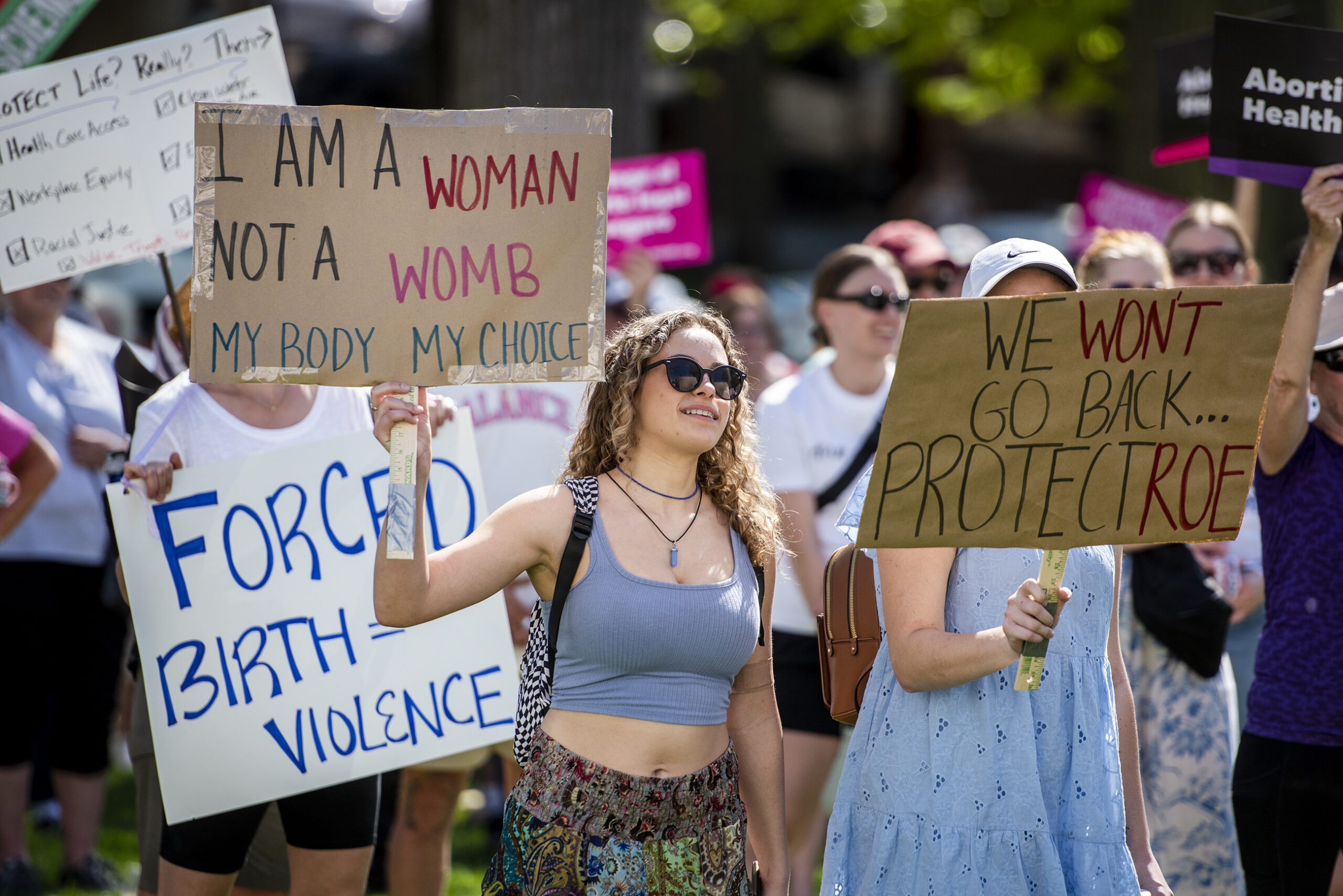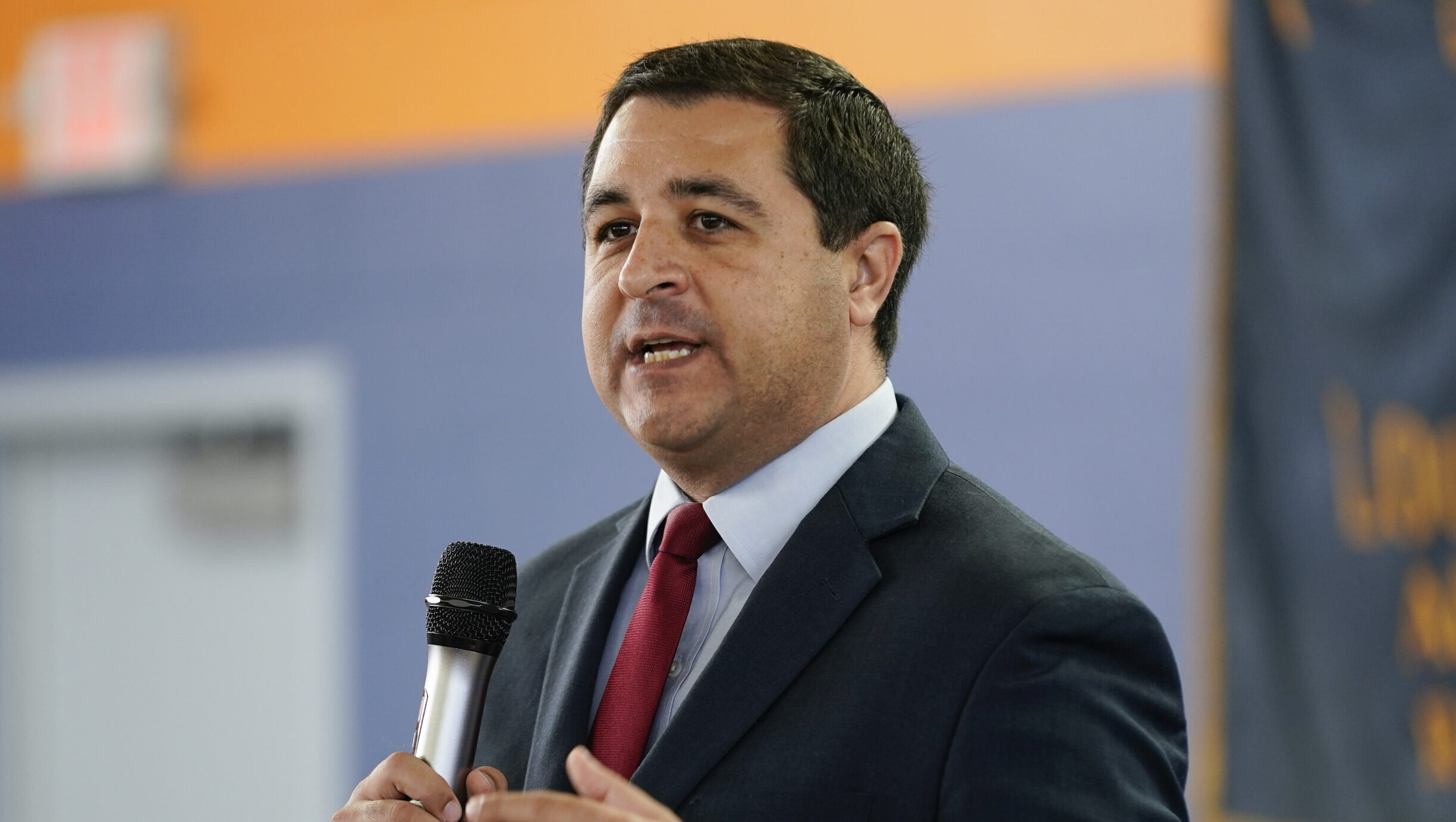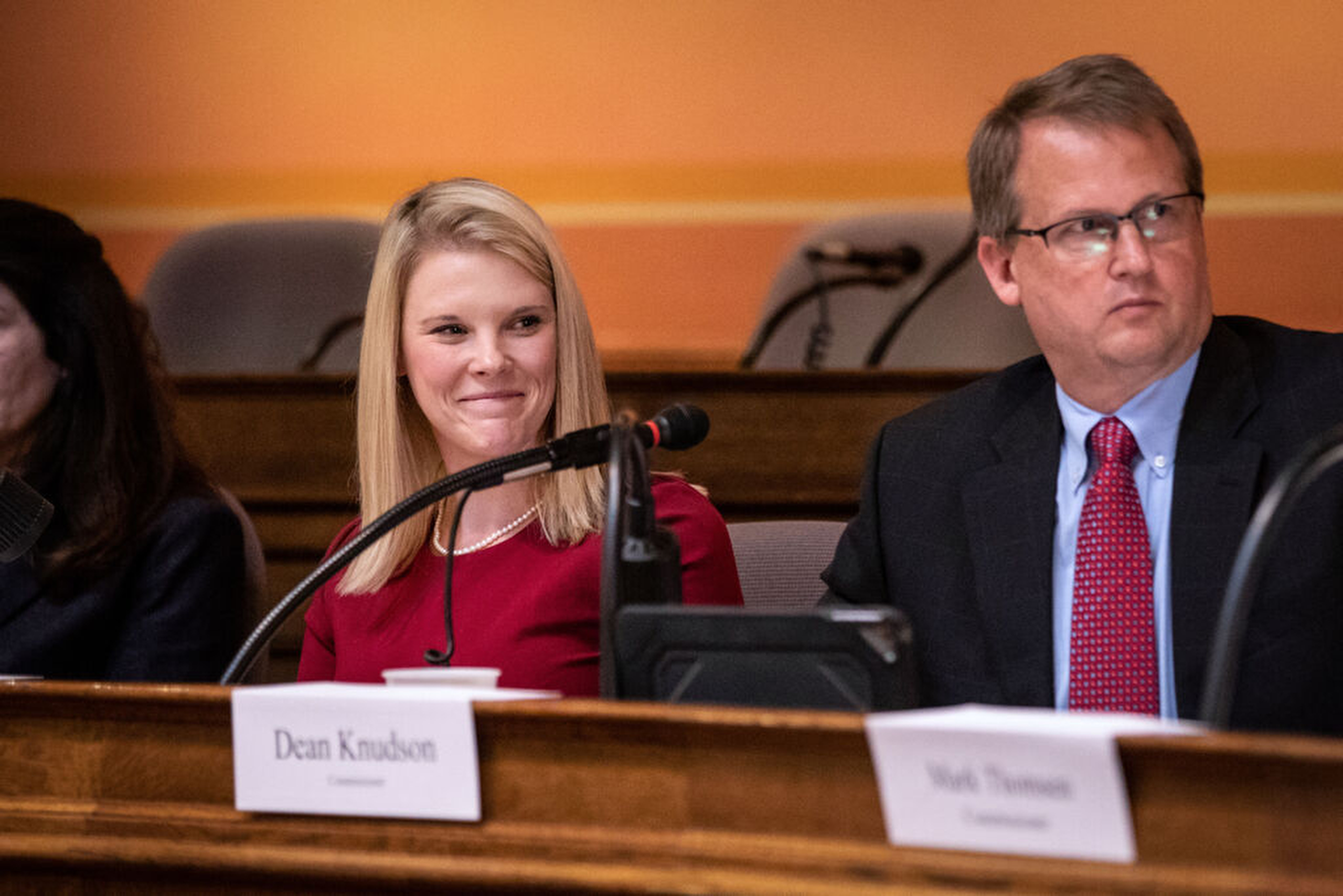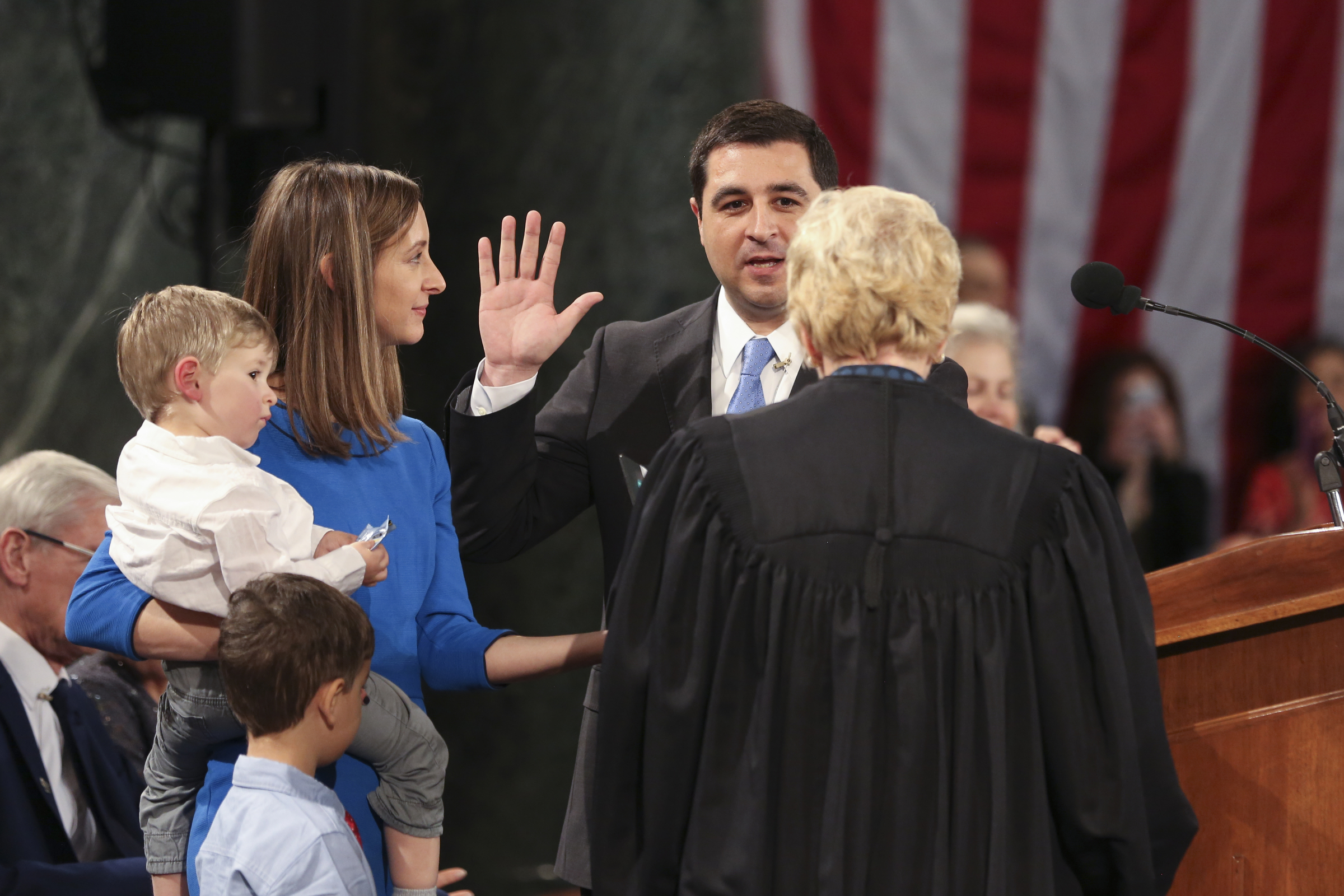The state Supreme Court will hear Monday from attorneys on both sides of a case that could decide the future of abortion rights in Wisconsin.
Oral arguments are scheduled to begin at 9:45 a.m. before the seven-justice court, which flipped to a liberal majority in August of last year.
Planned Parenthood is currently providing abortions at several clinics in Wisconsin, citing a lower court decision. But a ruling from the state’s highest court could provide more finality and clarity about the legal status of abortion in Wisconsin.
Stay informed on the latest news
Sign up for WPR’s email newsletter.
Democratic Attorney General Josh Kaul, who leads the Wisconsin Department of Justice, brought the lawsuit in June 2022, days after the U.S. Supreme Court overturned a national, constitutional right to abortion.
After that decision, providers across Wisconsin stopped performing elective abortions out of fear they would be prosecuted under a 19th century state law. That law says that “any person, other than the mother, who intentionally destroys the life of an unborn child” is guilty of a felony, and includes an exception only to save a pregnant woman’s life.
Wisconsin DOJ trying to block 19th century law from being enforced against abortion providers
But Kaul’s lawsuit argued that long-dormant law should not be enforced against abortion providers.
Last year, a circuit court handed a major victory to supporters of abortion rights, when Dane County Judge Diane Schlipper ruled the law does not actually ban abortions. Instead, Schlipper concluded the law bans feticide, which is attacking a pregnant woman and destroying her pregnancy.
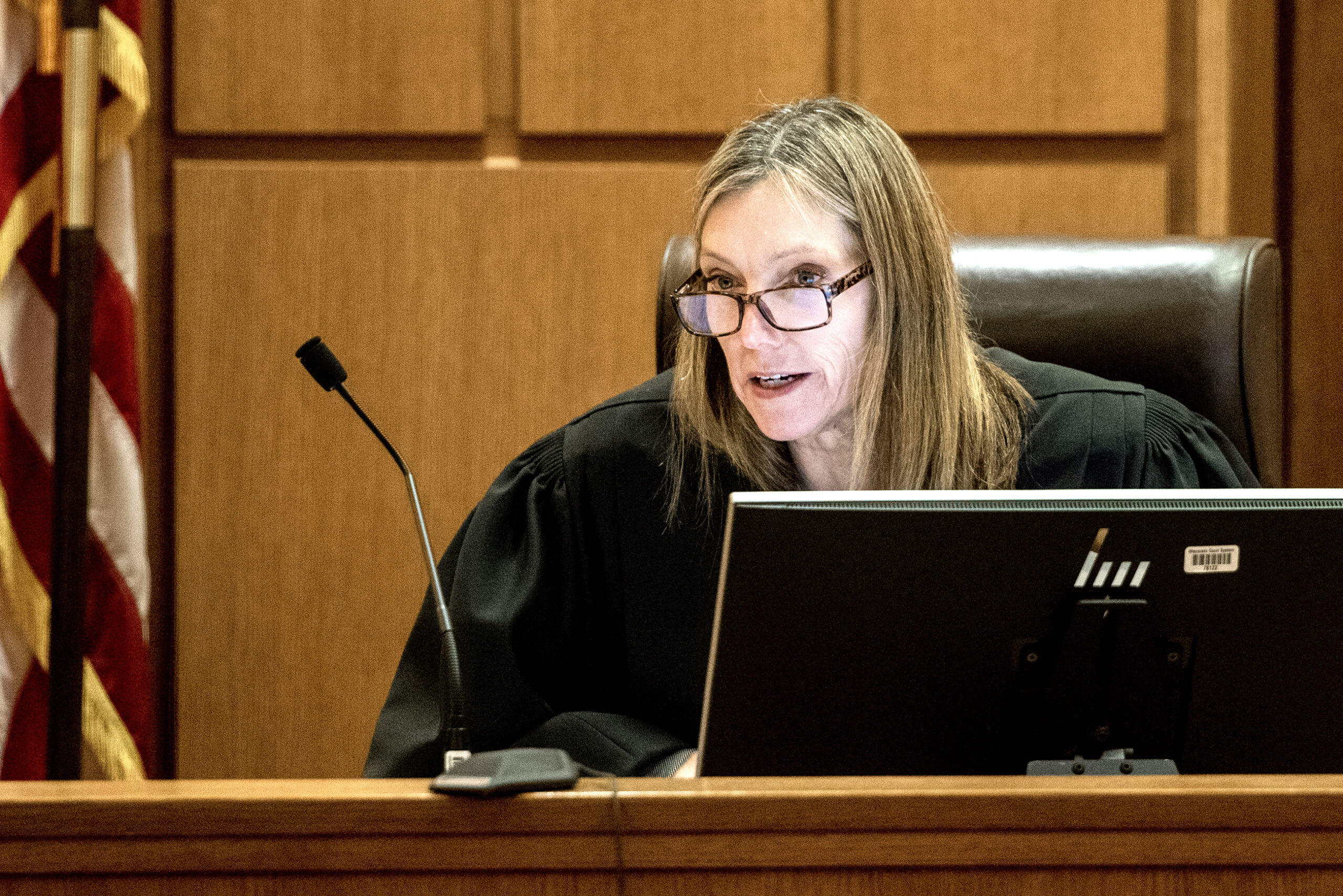
Schlipper cited a 1994 decision in State v. Black, in which the Wisconsin Supreme Court ruled that a man who attacked his pregnant wife could be charged for violating the 19th century law.
In that case, the man was accused of assaulting his pregnant wife five days before her due date, and repeatedly punching her in the stomach. The attack caused her to deliver a stillborn, full-term baby who had “bled to to death after the placenta was detached from his mother’s uterine wall,” according to court documents.
Wisconsin Supreme Court is hearing appeal from Republican prosecutor
After Sheboygan County’s Republican District Attorney Joel Urmanski appealed Schlipper’s circuit court decision, the state Supreme Court agreed earlier this year to bypass a state appeals court by hearing his case directly.
Urmanski says the state law does, in fact, ban most abortions. And, in a brief filed this summer, his attorneys argued the AG’s claims should be dismissed because the state lacks standing to sue.
“The State Plaintiffs are not threatened with prosecution, nor do they seek to apply the statute against Urmanski,” the brief said. “The State Plaintiffs are state officials and entities who seek ‘clarity’ regarding the applicability of § 940.04 to third parties who perform abortions. This is a textbook example of a request for an advisory opinion.”
In contrast, documents filed by the state Department of Justice argue the Wisconsin Supreme Court should echo the lower court decision, by concluding the state law does not actually ban “consensual abortions.”
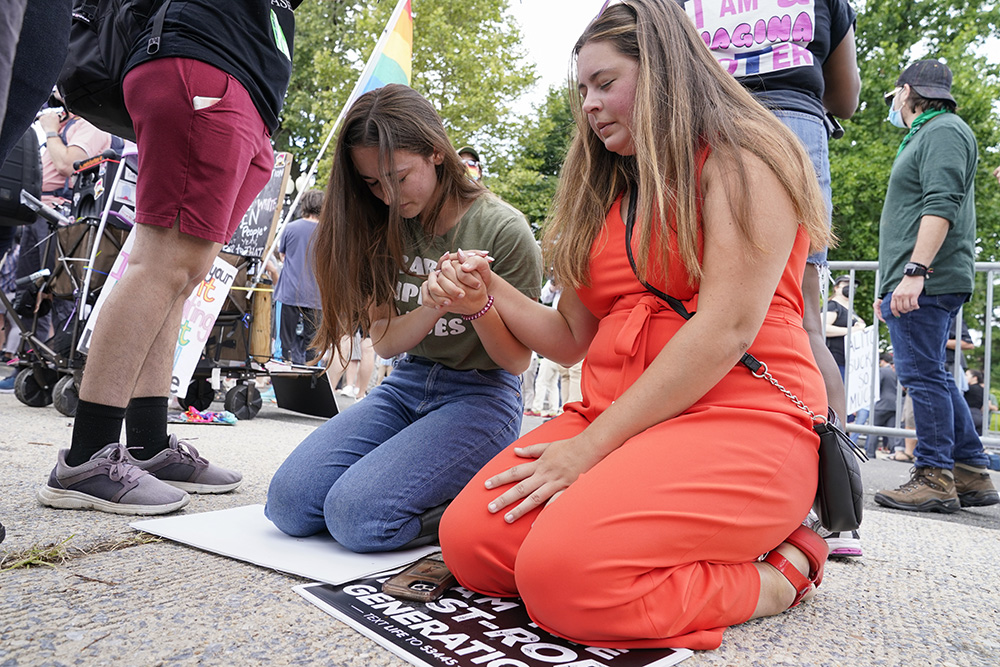
Kaul’s office also argues the pre-Civil War-era law should not be in effect because it contradicts subsequent state laws that were passed to regulate abortion in the wake of Roe v. Wade.
That argument relies on the legal principle of “implied repeal,” said Bryna Godar, a staff attorney with the State Democracy Research Initiative at the University of Wisconsin Law School.
“This is something that the Wisconsin Supreme Court has explained in prior cases,” Godar said. “An older law becomes unenforceable if there are newer laws that directly conflict with it.”
Separate suit from Planned Parenthood is pending
Although Planned Parenthood says abortion is currently legal in Wisconsin, the organization says it’s complying with other restrictions under state law. That includes a ban on the procedure after 20 weeks of pregnancy, a mandatory ultrasound law and a law requiring someone to wait 24 hours after an appointment with a physician before getting an abortion.
Meanwhile, a separate case from Planned Parenthood is pending that also challenges the 19th century law. Wisconsin’s Supreme Court agreed earlier this year to take up the case, but a schedule for oral arguments in that lawsuit has yet to be set.
While Kaul’s suit challenges the enforceability of an abortion ban under state law, Planned Parenthood’s lawsuit is broader. It argues an abortion ban violates the state Constitution because it infringes on rights including someone’s right to “bodily integrity, autonomy, and self-determination— including the decision of whether and when to have a child.”
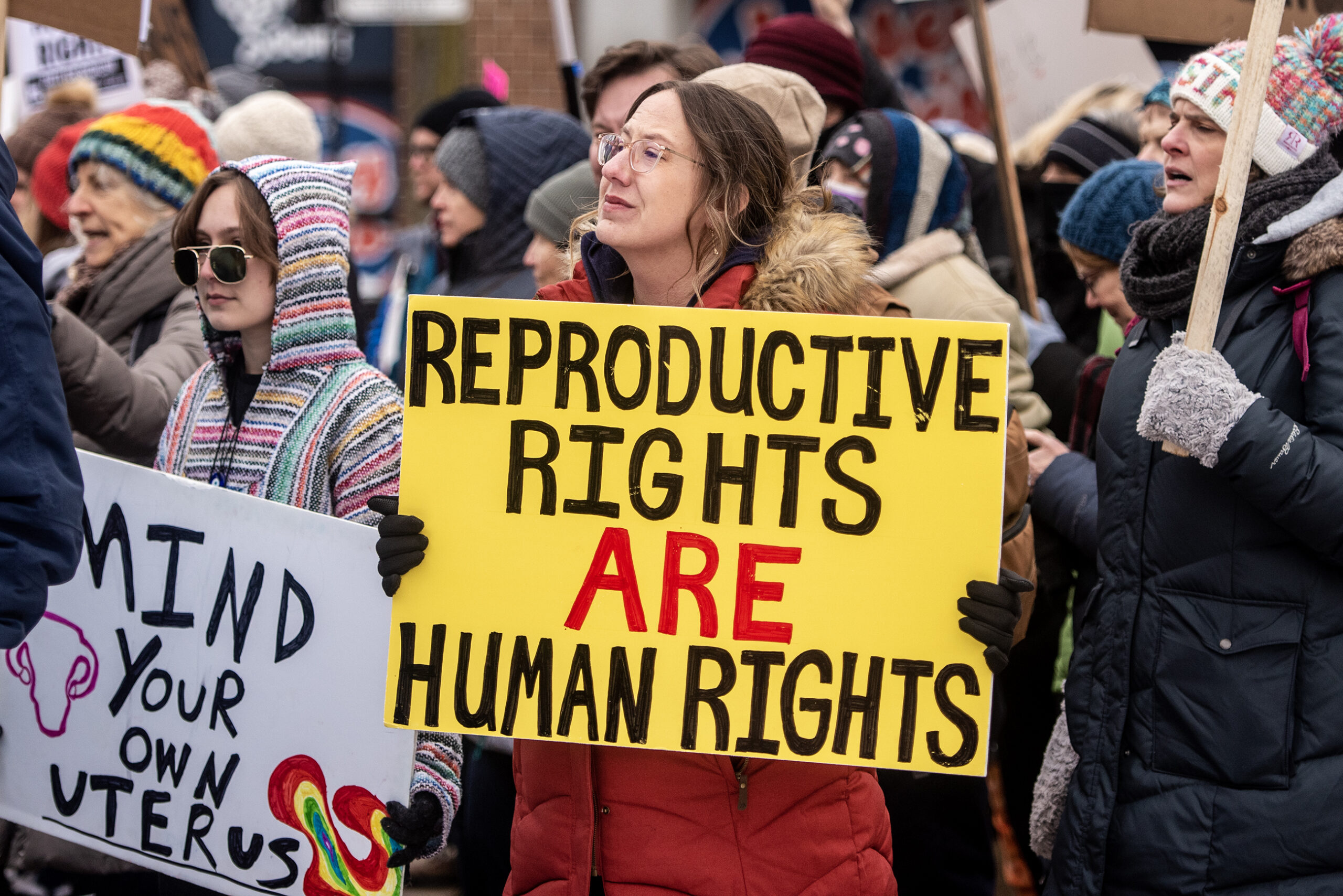
But Godar says the trajectory of that Planned Parenthood lawsuit could depend on how the state Supreme Court rules in the case before the court Monday.
Specifically, she said, it could depend on whether the state high court concludes the 19th century state law does amount to a ban on abortion.
“If the Wisconsin Supreme Court goes the other direction and determines that the 1800s law does not ban consensual abortions, then it’s not clear that this constitutional case will ultimately get decided on the merits,” Godar said. “Because its claims are really based on that possible interpretation of the 1800s law as being a ban.”
Although Wisconsin’s Supreme Court seats are officially nonpartisan, justices seen as liberal have held a 4-3 majority since the the swearing-in of Justice Janet Protasiewicz over a year ago.
Protasiewicz emphasized her support for abortion rights when she campaigned for a 10-year term, and she was elected by wide margin of 11 percentage points in April 2023.
Kaul made abortion lawsuit a centerpiece of reelection campaign
Kaul also made defending abortion rights a centerpiece of his campaign when he was reelected in 2022.
In a news conference Friday, days after Republican Donald Trump clinched the presidency, Kaul reiterated that pledge.
“We’ve worked to protect reproductive freedom in Wisconsin, and next Monday, our office will be in the state Supreme Court arguing about what the 1849 law that we have all become familiar with means for abortion access in Wisconsin,” Kaul told reporters last week. “So we have been tested in this office. We are prepared to defend the rights of Wisconsinites if necessary.”
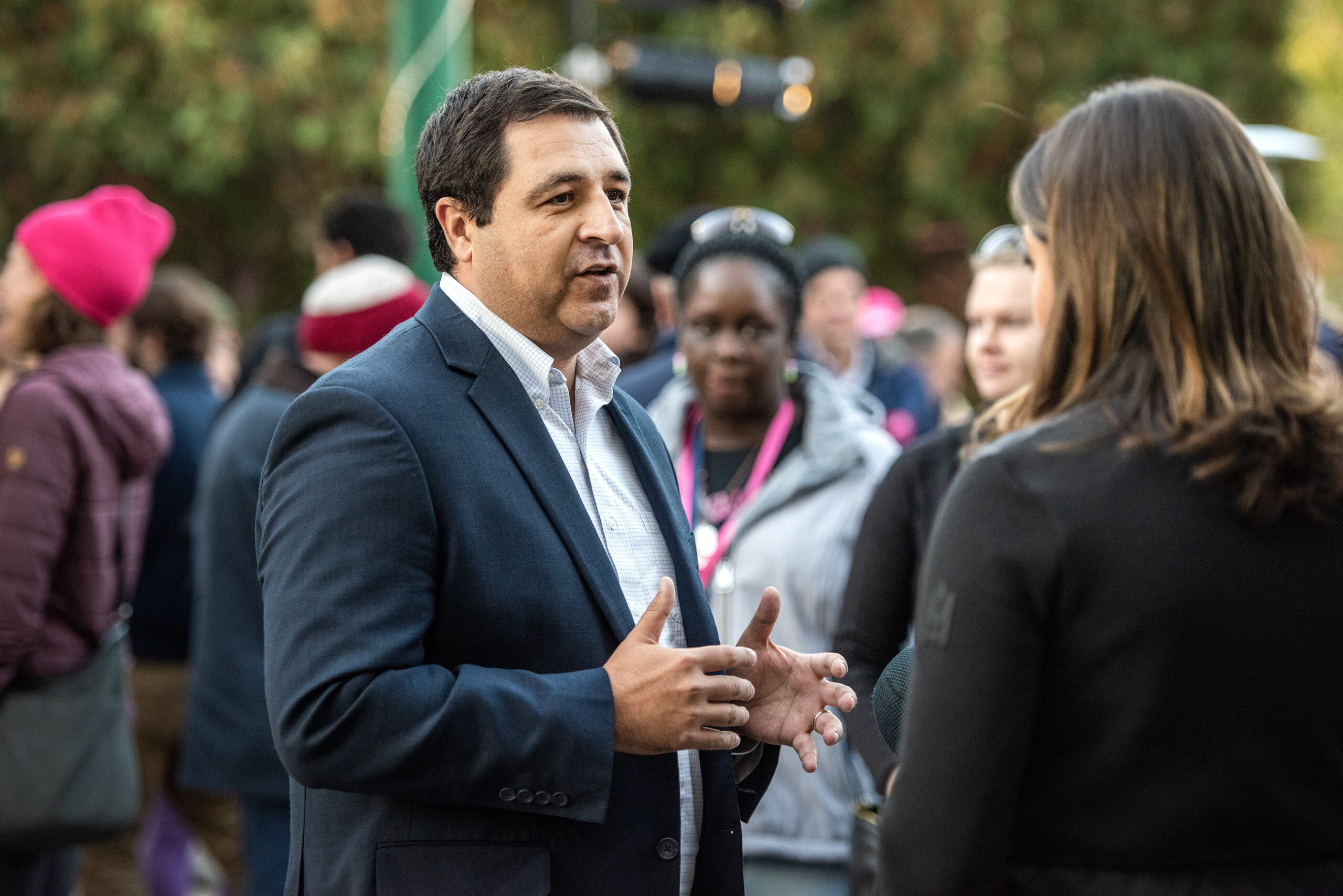
Trump has previously called for the overturning of Roe v. Wade, and he appointed three conservative justices who ultimately enabled the U.S. Supreme Court to do just that.
In his most recent campaign, Trump said the issue should be left to states and he said he would not sign a national abortion ban if it were to be passed by Congress. Kaul said he’s hopeful the president-elect will stick to that promise.
If that’s not the case, Kaul said there may be little Wisconsin’s Department of Justice can do to challenge abortion restrictions in federal law.
“I don’t want to give people false hope that if there is a federal abortion ban passed, that there’s likely to be a successful legal challenge,” Kaul said Friday. “I think, on the contrary, if Congress does pass a ban, people are looking at having their access to safe and legal abortion taken away. I don’t want to see that happen.”
Wisconsin Public Radio, © Copyright 2025, Board of Regents of the University of Wisconsin System and Wisconsin Educational Communications Board.

